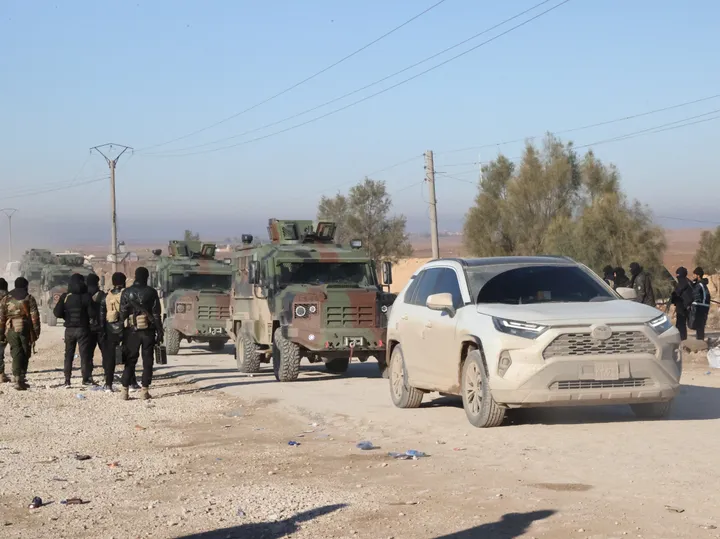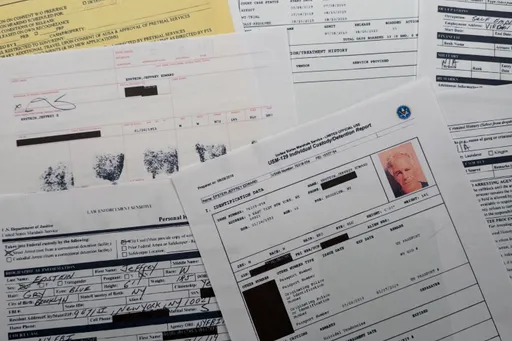Uganda is home to more than 800, 000 South Sudanese refugees, according to UNHCR.
That makes Uganda one of the largest host country of refugees in Africa.
"With present rates of arrival, that figure will surpass a million before mid- 2017," a joint statement by Uganda and UNHCR, dated March 2017, said. "This year alone, more than 172,000 South Sudanese refugees have fled to Uganda, with new arrivals in March averaging more than 2,800 daily."
Atem Akuoc Miot is one of the 800,000. He fled ethnic fighting in South Sudan in 2013 and came to Nyumanzi in northern Uganda. He was jobless for two years before he started running a free school for displaced children.
It was hard for Miot to find work, he said. But he knew of many other refugees who were also in Uganda – and were educated – but found it hard to find employment.
As stretched as its resources might be, Uganda offers each displaced family a small plot of land – a part of it for them to live in and a part for them to cultivate. However, the role model host country is almost at breaking point as more and more South Sudanese call Uganda their new home.
TRT World'sFidelis Mbah reports from Nyumanzi, on the Uganda-South Sudan border, where more people keep arriving.























